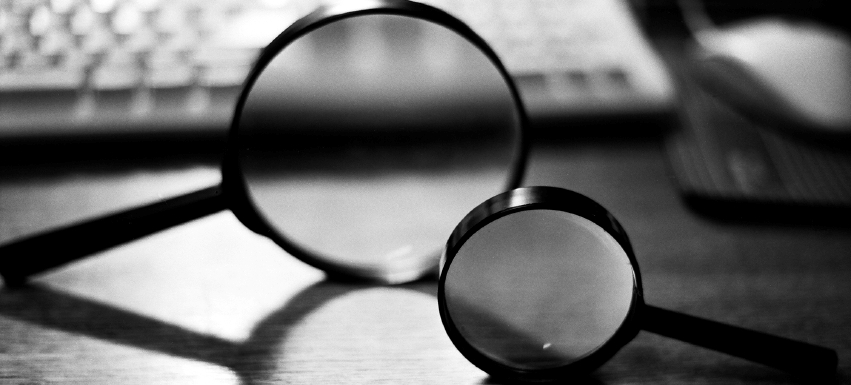The Case Study: a detailed picture of one or a few subjects.

Survey Method: Most common types of study in psychology, measures correlation, cheap and fast, *problem* low response rate.
Random Sampling: Identify the population you want to study.
False Consensus Effect: The tendency to overestimate the extent to which others share our beliefs and behaviors.

Naturalistic observation: Watch subjects in their natural environment.


Hawthorne effect: Just the fact that you know you are in an experiment, can cause change.
Correlation method: Correlation expresses a relationship between to variables (person, things)
Correlation coefficient: A number that measures the strength of a relationship. The relationship gets weaker the closer you get to zero.
Positive correlation: Variables go in the same direction.
Negative correlation: Variables go in opposite directions.

